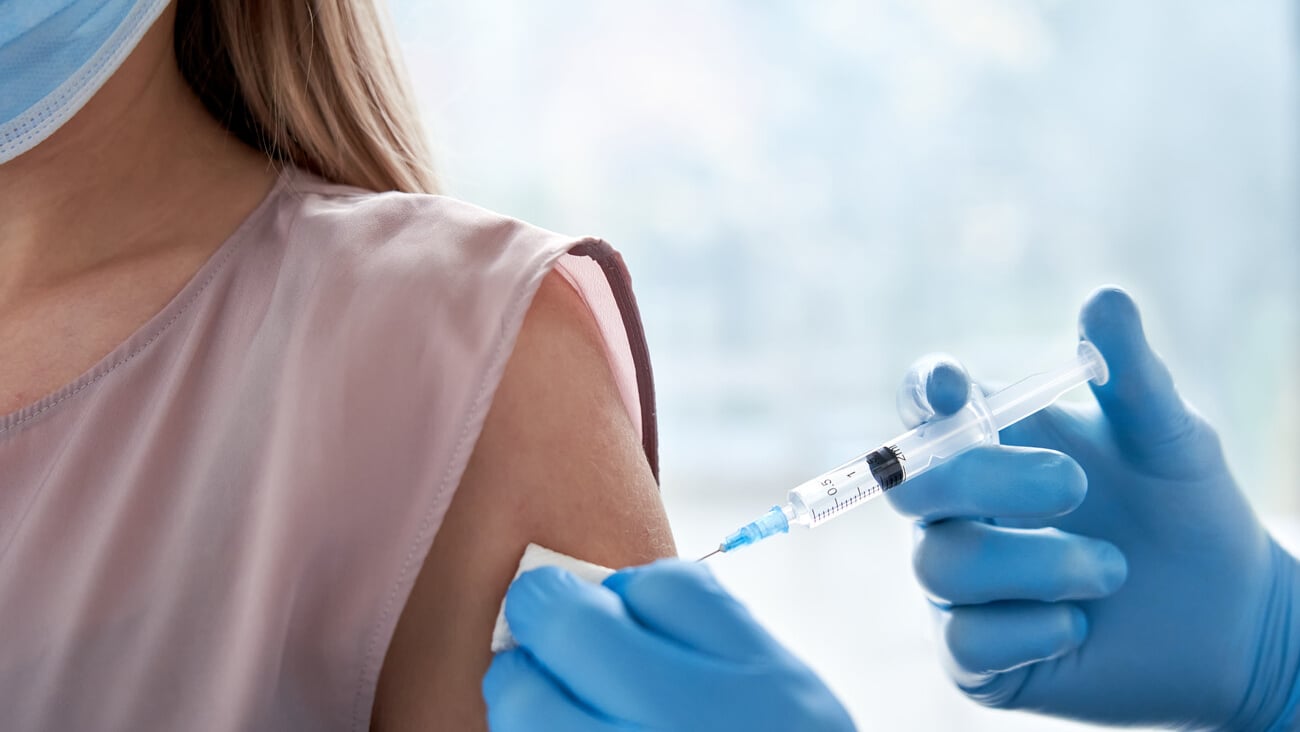Melatonin gummies are safe, just ask America
Estimates vary, but no matter which market analyst you talk to, melatonin is a trending ingredient these days, with one estimate pinning the segment just north of $437 million in 2022. That figure represents a lot of people sleeping more soundly, as well they should, content in knowing that the trusted, gentle sleep aid is safe if used as directed.
So, why then, did researchers at Harvard recently publish a letter in the Journal of the American Medical Association warning people to be wary of too much melatonin in their gummies? Good question. Based on media interviews of the primary author, they did it to protect children. It’s a rallying cry anyone would get behind. But this research letter, which detailed the authors’ testing of a couple dozen adult strength melatonin products for levels of the sleep aid and other ingredients, didn’t include any new data or observations on pediatric use.
The article did sensationalize data from the CDC documenting an increase in Poison Prevention Control Center (PPCC) calls for melatonin while downplaying that nearly 94% of those calls are the result of unintentional ingestions; that 84% of those cases are asymptomatic; and that 88 percent did not require any follow-up in a healthcare facility. Even the seemingly alarming stat that the number of calls to PPCCs increased by 530% over a ten-year period coincides with a similar increase in melatonin sales generally in the U.S.—more melatonin in the home unfortunately means more unintentional ingestions.
So what does that have to do with reasonable overages in certain dietary supplements?
The research letter did show that 22 of the 25 products they tested did not fall within the narrow ±10% window for the ingredient they applied. They neglected to mention their criteria is based on FDA’s requirements for drugs, which must necessarily deliver within a narrow therapeutic band, both for safety and efficacy. But the FDA standard for supplements is different—supplements are required to deliver 100% of labeled amounts throughout their shelf life (no allowance for underage).
Most people familiar with the manufacturing of gummies would expect supplement brands to deliver more than the labeled amounts, given the predictably unstable nature of gummy delivery forms. Certain ingredients degrade over time, so to deliver full strength at the end of shelf-life (as FDA requires), manufacturers often add extra up front. Although FDA has not established upper tolerable levels for dietary supplement ingredients, the study authors failed to acknowledge that neighboring Health Canada has recognized melatonin’s safety up to 10 mg per serving. Only two of the 25 supplements tested apparently exceeded that amount. So, to review, the headline-grabbing research letter demonstrated that, for the most part, melatonin-containing supplements were legally compliant, safe and appropriately manufactured for the popular gummy delivery form.
Make no mistake, keeping kids safe from accidental ingestion of supplements is not an issue any of CRN’s members take lightly. Gummy supplements, while popular and convenient, are also attractive to young eyes and should be kept away from young children—most of the products are actually labeled that way. But making parents who are responsibly using pediatric versions of melatonin products second guess themselves with a protocol on adult strength products is a meritless distraction for busy parents who know that melatonin works for their families.
Melatonin is safe if used as directed. And if you don’t believe them, ask the National Center for Complimentary and Integrative Health at the National Institutes of Health, which says “…melatonin supplements at normal doses appear to be safe for most children…”
So how should retailers of these products respond? The way they already do: curate their supplement aisle with trusted brands and seek routine assurance that products are made to Good Manufacturing Practices and tested for potency, purity and uniformity by their makers or a reputable third party before landing on the shelf. Remind customers looking for sleep solutions for their children to reach for pediatric strength products appropriate to their children’s age. And remind parents that all supplements are not candy and shouldn’t be referred to as such, or stored where young kids can accidentally get into them. We knew all this before the JAMA research letter made headlines earlier this week.
The sky isn’t falling. And sales of melatonin shouldn’t either




